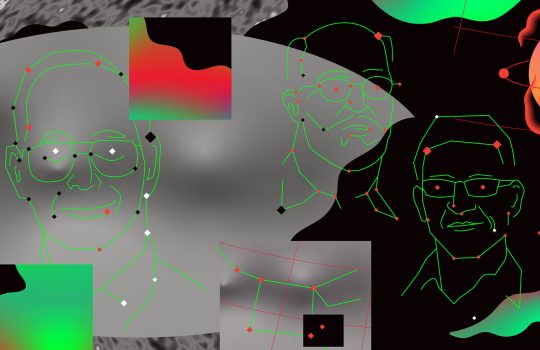Nobel awarded for theoretical cosmology, exoplanet discovery
Early Tuesday morning, three physicists—James Peebles, Michel Mayor and Didier Queloz—were rewarded for decades seminal contributions to advancing science with a phone call from Stockholm. This year’s Nobel Prize in Physics was awarded “for contributions to our understanding of the evolution of the universe and Earth’s place in the cosmos.”

